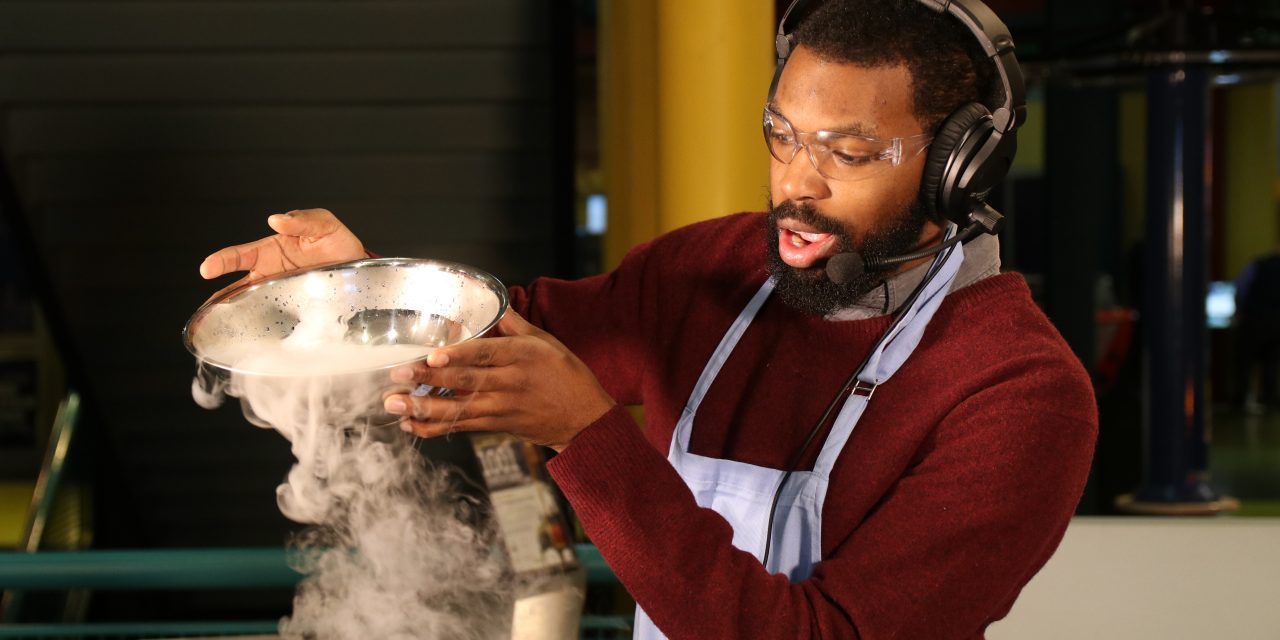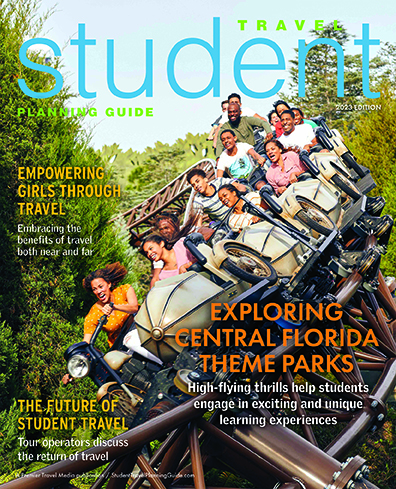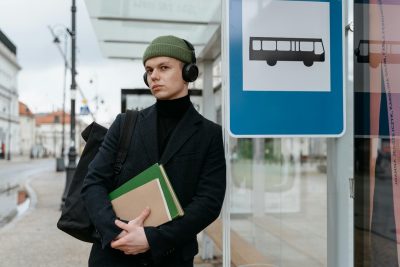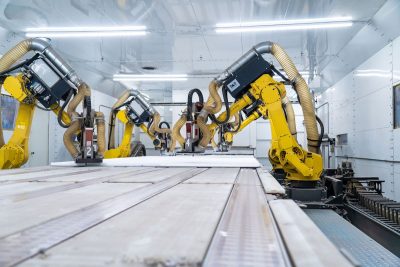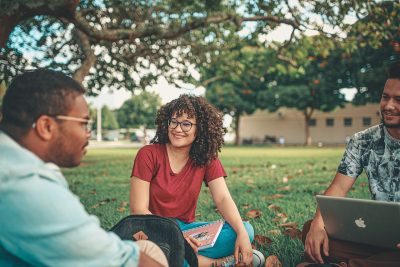On-site and virtual learning at museums, zoos and universities across the Midwest
Some of the nation’s best facilities for scientific discovery and preservation are located right in the heart of the continental United States. The Midwest has several opportunities for students to explore STEM topics from their bedrooms or on-site with their peers.
Michigan Science Center (Detroit, MI)
Learn about the science of sound and explore the field of soundscape ecology. Dive into the relationship between atomic interactions and energy transfers through theater performance. The Michigan Science Center boasts several virtual field trips for all age groups. Each experience includes at least two self-paced lessons, making them ideal for the at-home participant. Request a live, virtual presentation led by one of the center’s educators to make the trip’s lessons more engaging for students.
Center of Science and Industry (Columbus, OH)
The Center of Science and Industry, an immense educational center located in central Ohio, brings science to life through over 300 interactive experiences. COSI offers virtual experiences for students to connect with scientists, doctors and museum educators. Watch a sports medicine surgery live from The Ohio State University or engage in the complex process of completing a forensic analysis. The center even offers a single-day Fortnite camp where students can participate in educational experiences that align with in-game play.
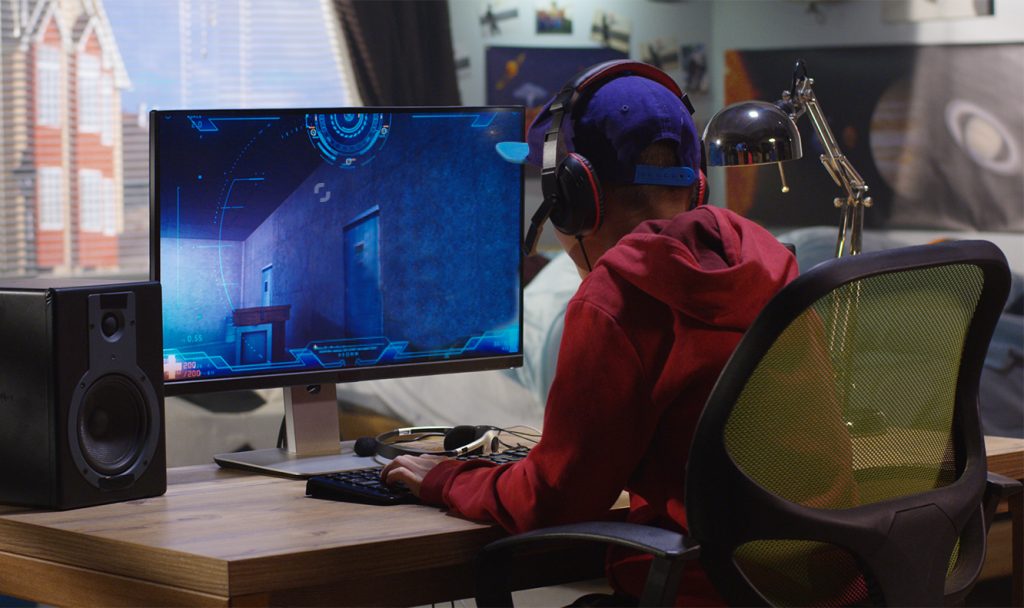
Credit COSI
University of Wisconsin (Madison, WI)
Prepare students for their future in a STEM-related field of study at the University of Wisconsin. The University offers virtual field trips with scientific exploration in mind. Each trip includes a digital information guide with additional activities and interactive tools that teachers can easily apply to the course curriculum. Students will also have the opportunity to engage in a post-activity discussion with a University of Wisconsin professor.
Museum of Science and Industry (Chicago, IL)
Virtually travel to Mars with NASA and learn how to build a bridge all on the same day. The Museum of Science and Industry offers engaging labs for students covering topics like civil engineering, aerospace and forensics. Students will have the opportunity to embrace their creativity while also engaging in hands-on activities that use their critical thinking and mathematical skills.
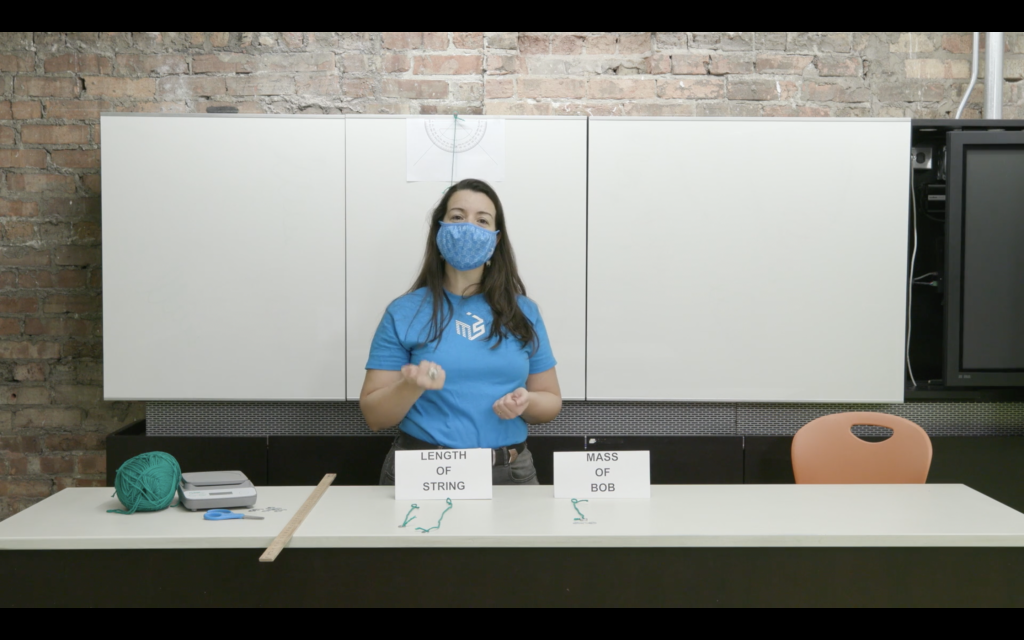
Credit Museum of Science and Industry
Minnesota Zoo (Minneapolis, MN)
Put your engineering skills to the test at the Minnesota Zoo. The zoo’s classes cover a wide range of engineering topics relating to animal science, including zoo exhibit design and bioengineering. Take your learning a step further with the engineering lab, where zoo naturalists guide students through hands-on, inquiry-based activities and discussions with zoo professionals who specialize in STEM. The Minnesota Zoo’s field trips offer a look into how science, technology, engineering and math apply to its everyday operations.
St. Louis Aquarium (St. Louis, MO)
The St. Louis Aquarium has over 13,000 animals across 44 exhibits, making it the perfect escape from the Midwest’s landlocked terrain. The aquarium offers field trips for all age groups, each designed with a balanced amount of STEM and fun. Before discovering (and touching) some of the world’s most unique aquatic life, students can engage in educational activities related to conservation and learn about volunteer opportunities at local conservation organizations.
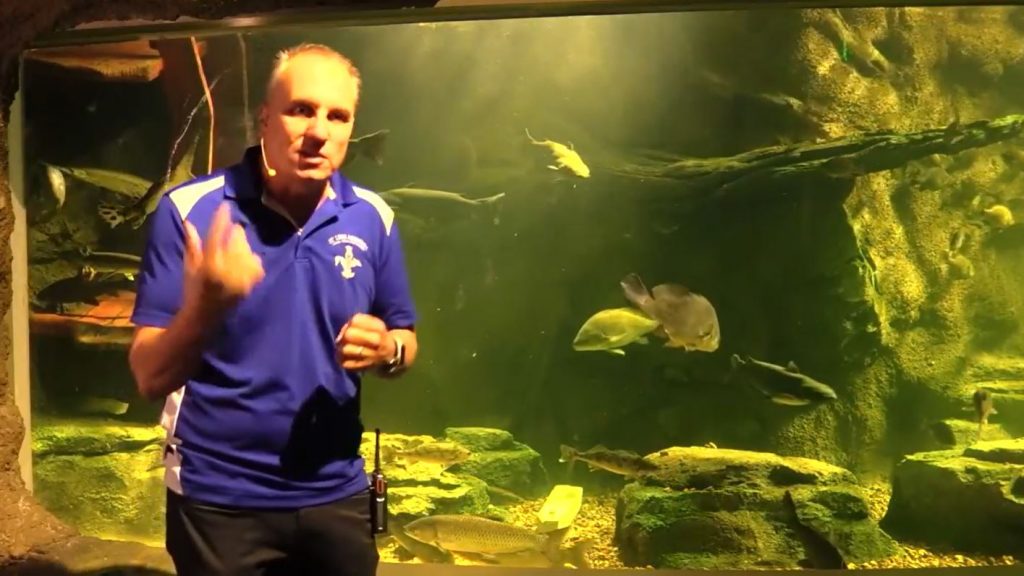
Credit St. Louis Aquarium
Black Pine Animal Sanctuary (Albion, IN)
The Black Pine Animal Sanctuary offers an immersive tour of its grounds, which is home to over 100 different animals representing 60 different species. The sanctuary pairs tour groups with a knowledgeable guide who will share insights into each particular species and how the facility practices responsible animal care and conservation. Schedule your class’ tour for the weekend and experience what it is like to deliver an afternoon snack to wildcats, wild canines and bears.
Iowa PBS (Johnstown, IA)
Iowa PBS offers an assortment of multimedia learning projects focused solely on STEM-related topics. Immerse yourself in a collection of over 20 videos relating to global energy consumption, water quality and working landscapes. The projects include support materials for educators and students that transfer to Google Classroom for easier accessibility.

